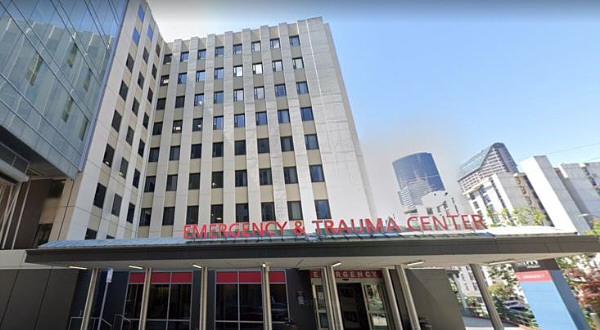

Medical Center: Gunshot
Injuries New Study
By Sara Jean Green. September 6, 2020
Dr. Eileen Bulger, the chief of trauma at Seattle's Harborview Medical Center, knows from 20 years of working in the Northwest region's Level 1 trauma center just how much damage a gunshot can do to the human body.
In July alone, 48 people were treated at Harborview for gunshot wounds, up from 26 gunshot patients seen in July 2019, representing a surge in shootings that's mirrored in cities across the country.
"We're not unique in this ... but what we're seeing is concerning," Bulger said, noting 19% of the 108 gunshot patients treated between May and July were under the age of 19.
"It doesn't reflect the (full scope of the) problem because it doesn't include the number of people who died before they got to the hospital," she said. "We have more people dying from firearm injuries in this country than in motor-vehicle crashes, so it's a huge public health problem."
Though the Centers for Disease Control and Prevention (CDC) publish annual data on the number of firearm-related deaths in the country, no one knows how many Americans survive being shot each year -- and without hard numbers or an understanding of who is at risk of getting shot, it's difficult to know the extent of the problem or develop evidence-based strategies to reduce gun violence.
..... 
Finding better methods to treat gun shot injuries is in itself laudable, but within this one can detect the undertone of anti-gun thinking. As so often we see the mention of "gun violence" - that absurd and innacurate statement suggesting the gun itself is violent - "gun related violence" might just be more acceptable.
As Dave Workman says "gun-rights groups don't oppose unbiased scientific research into gun injuries and deaths so long as it doesn't lead 'to more restrictions on law-abiding gun owners who haven't harmed anybody.' "
![]()

























